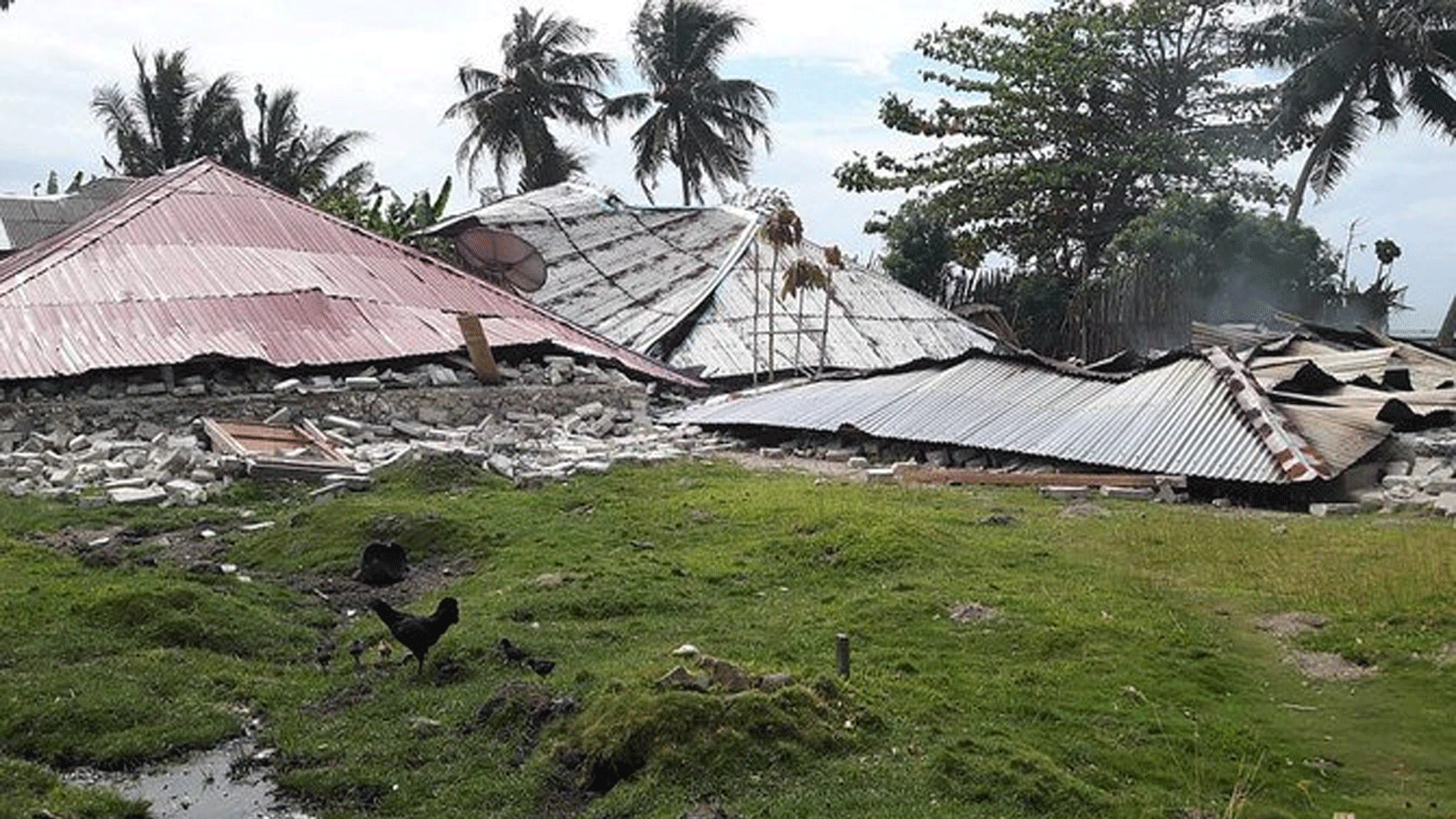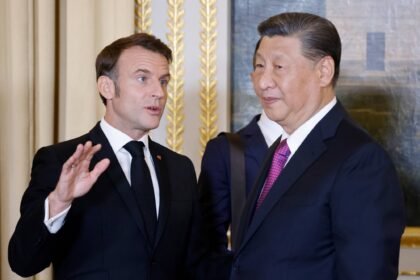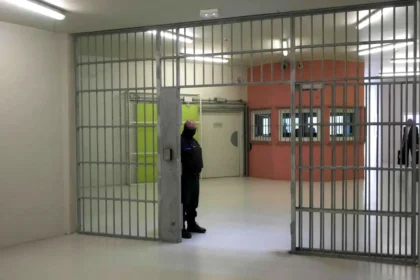Dubai, United Arab Emirates – Global officials and experts participating in the 2025 Global Future Councils meetings, organized by the UAE government in partnership with the World Economic Forum, emphasized that developing flexible, fair, and sustainable governance models is a fundamental pillar in building a global system capable of achieving security and stability and prepared to address global changes.
This came during forward-looking dialogues held by specialized councils on governance, which brought together a select group of experts and decision-makers from around the world to anticipate future transformations in the fields of governance, geopolitics, nature, security, leadership, and aid.
The governance axis included councils on the future of geopolitics and transformations in the international system, the future of good governance, and new trends in corporate and institutional management in light of the digital revolution and current geopolitical transformations.
In addition to the future of nature and security, and the reality of the repercussions for the stability of ecosystems, the future of government technology and digital infrastructure, the future of leadership and the growing global crisis of trust in institutions and leaders, and the future of reimagining aid to rebuild the system of international humanitarian and development cooperation.
Members of the Future of Geopolitics Council discussed transformations in the international system.
They also emphasized the importance of building a global cooperation system capable of addressing cross-border challenges and enhancing collective security through flexible partnerships between the public and private sectors, alongside the international community.
This is in light of the rapid changes the world is witnessing, the challenges of stability in many regions, and the accompanying security complications resulting from climate, economic, and technological crises.
The Future Council on Good Governance and New Trends in Corporate and Institutional Management in Light of the Digital Revolution and Current Geopolitical Shifts emphasized the need to reformulate governance systems to become more flexible, transparent, and responsive to global changes.
Participants also emphasized that responsible leadership and corporate ethics are the most important pillars for ensuring business sustainability and establishing trust in public and private institutions.
The Council on the Future of Nature and Security addressed the implications for the stability of ecosystems in light of the global environmental pressures resulting from human activities.
He emphasized the importance of linking human security with environmental security, and the need to adopt new visions that integrate environmental protection and promoting stability, ensuring the sustainability of natural resources and enhancing societies’ ability to adapt to climate and political changes.
Data protection
The Future Council on Government Technology and Digital Infrastructure discussed the pivotal role of modern technologies in developing government services and improving the quality of life for communities.
Participants discussed the importance of ensuring privacy and data protection, and activating digital integration between government systems.
In addition to expanding equitable access to technology as a key driver for building more efficient governments.
The Future Leadership Council discussed the growing global crisis of trust in institutions and leaders.
He pointed to the need to formulate a new model of global leadership based on integrity, human connection, and positive influence.
Members discussed tools to enable leaders to build bridges of trust and bridge societal divisions, in a world facing multiple challenges that require wise leadership capable of anticipating the future and directing change.
















